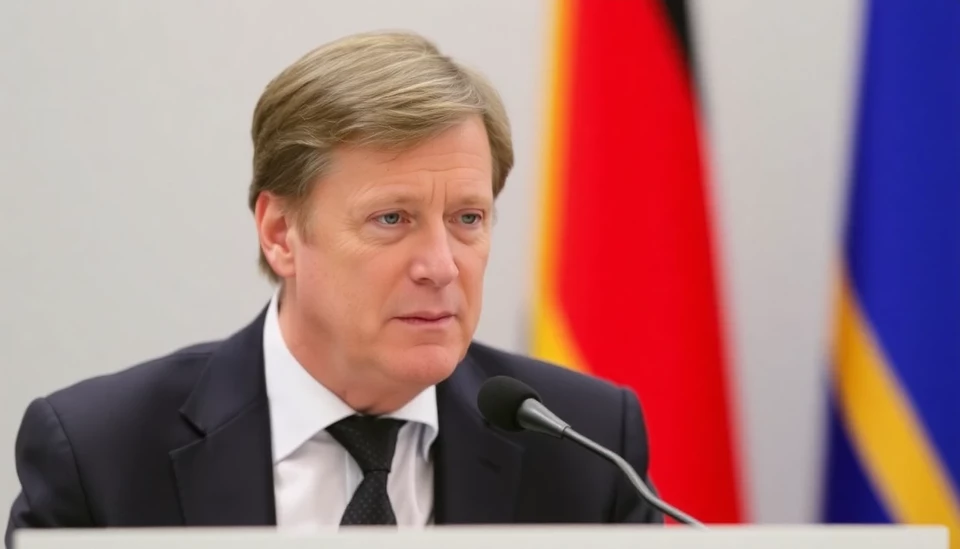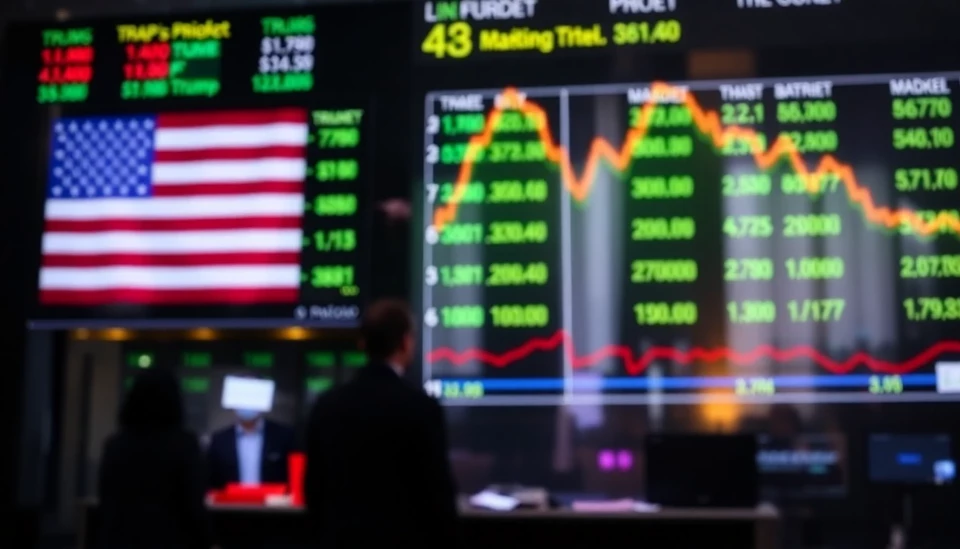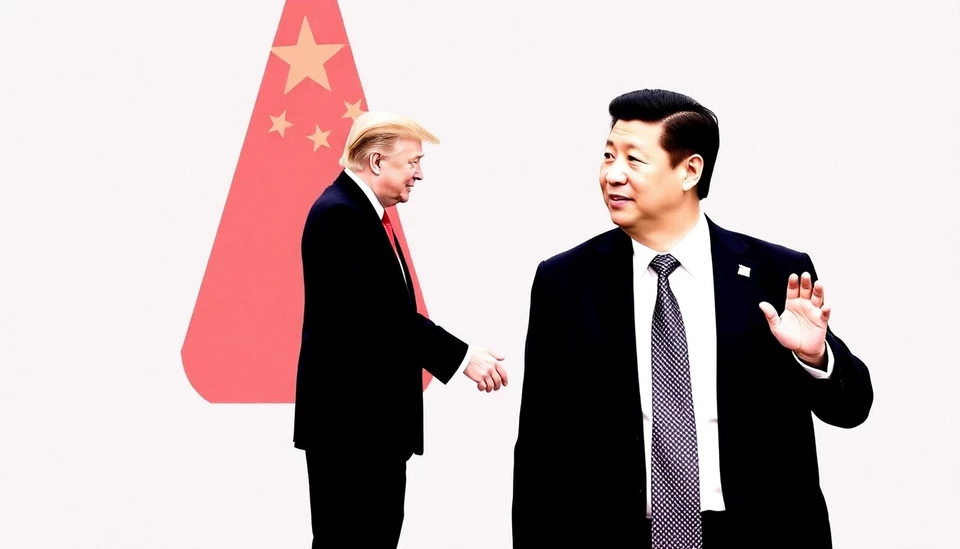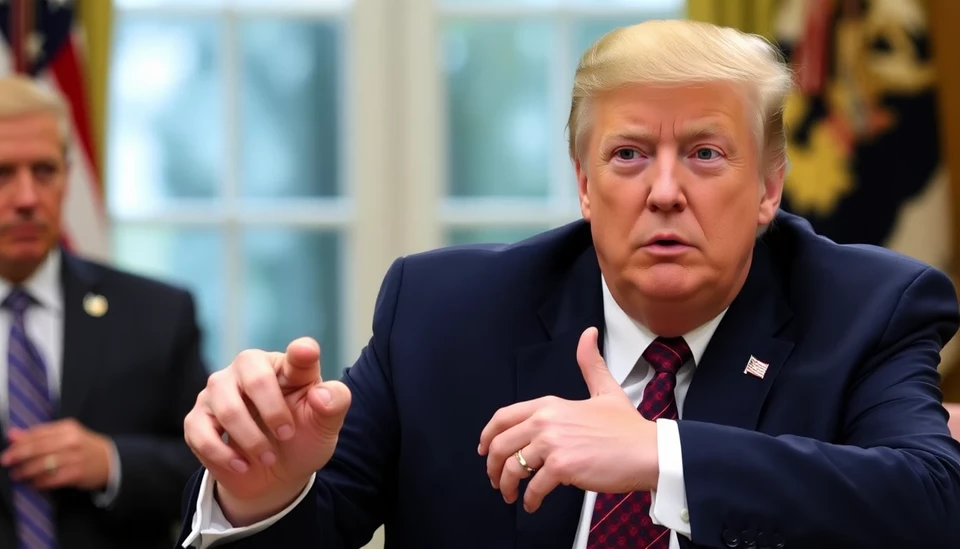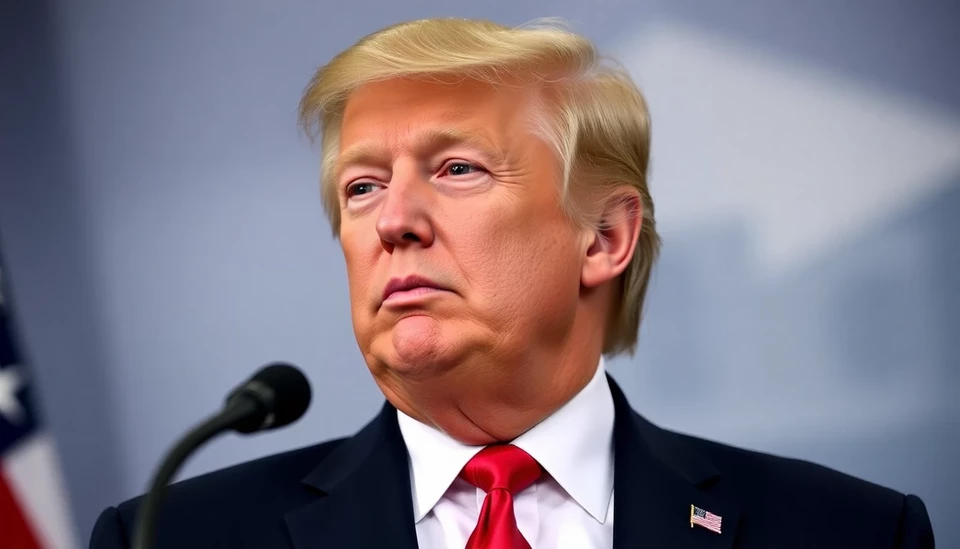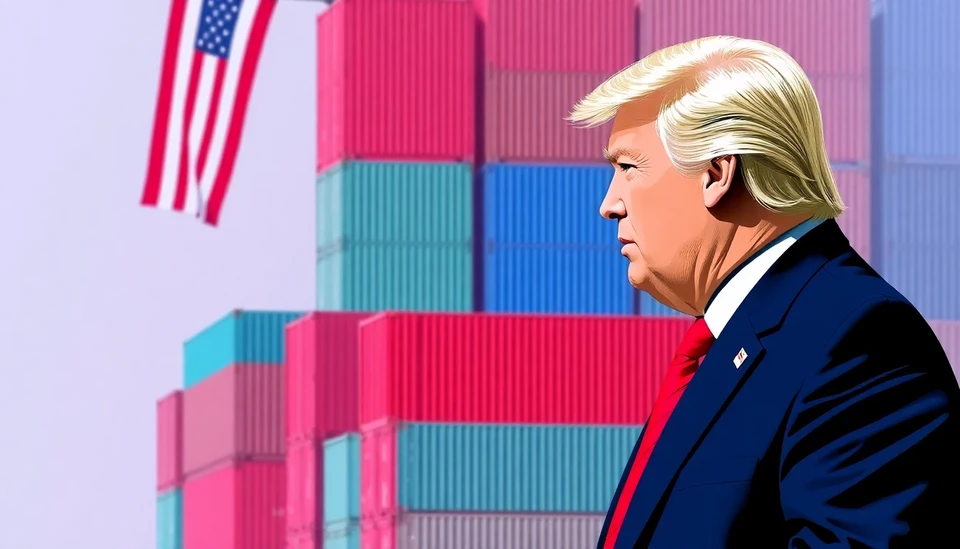
In a significant shift in trade policy, former President Donald Trump has announced that smartphones, computers, and computer chips will be exempt from reciprocal tariffs that were previously set to take effect. This decision, which takes effect immediately, aims to alleviate concerns regarding escalating trade tensions with key economic partners.
The move comes amid fears that increased tariffs could lead to higher consumer prices and stifle innovation in the technology sector. Originally proposed as a part of a broader strategy to protect American industries and encourage manufacturing within the United States, the tariffs on these essential tech commodities had raised alarms among manufacturers, retailers, and consumers alike.
In a statement released yesterday, Trump indicated that he recognizes the unique nature of the tech industry and the critical role these products play in everyday American life. “Smartphones and computers are vital to our economy and our everyday operations. We cannot afford to stifle innovation or impose burdens that would lead to reduced accessibility for American consumers,” Trump said.
This decision is expected to have a far-reaching impact, not just on the tech industry, but on the broader economy, as it helps mitigate inflationary pressures that could result from increased costs associated with these essential products. Analysts predict that by exempting these items from tariffs, the administration aims to strike a balance between promoting local manufacturers and ensuring affordable access to technology for American consumers.
Moreover, this tactical exemption may serve as an olive branch to important trading partners, signaling a willingness to engage diplomatically and seek cooperation rather than confrontation. It also reinforces the administration's acknowledgment of the intertwined nature of global supply chains, particularly in the tech sector where many components are sourced from overseas.
The decision will be closely monitored by various stakeholders including technology companies, foreign manufacturers, and economists. Many hope this will lead to further negotiations that could ultimately stabilize international trade relations and enhance economic conditions globally.
With ongoing dialogue expected to continue, Trump’s administration appears committed to reassessing trade policies that impact key industries, focusing on those that can drive economic growth while balancing the complex demands of global trade.
As this situation develops, experts will keep a keen eye on how this exemption plays out in real terms, particularly regarding pricing in the consumer electronics market and potential future trade agreements.
Overall, Trump's latest move has been viewed as a necessary step toward fostering a more dynamic economy that can embrace both domestic manufacturing and international cooperation, ultimately benefiting consumers across the nation.
#Trump #Tariffs #TechExemptions #Smartphones #Computers #Economy #TradePolicy #Innovation #GlobalTrade
Author: Laura Mitchell
